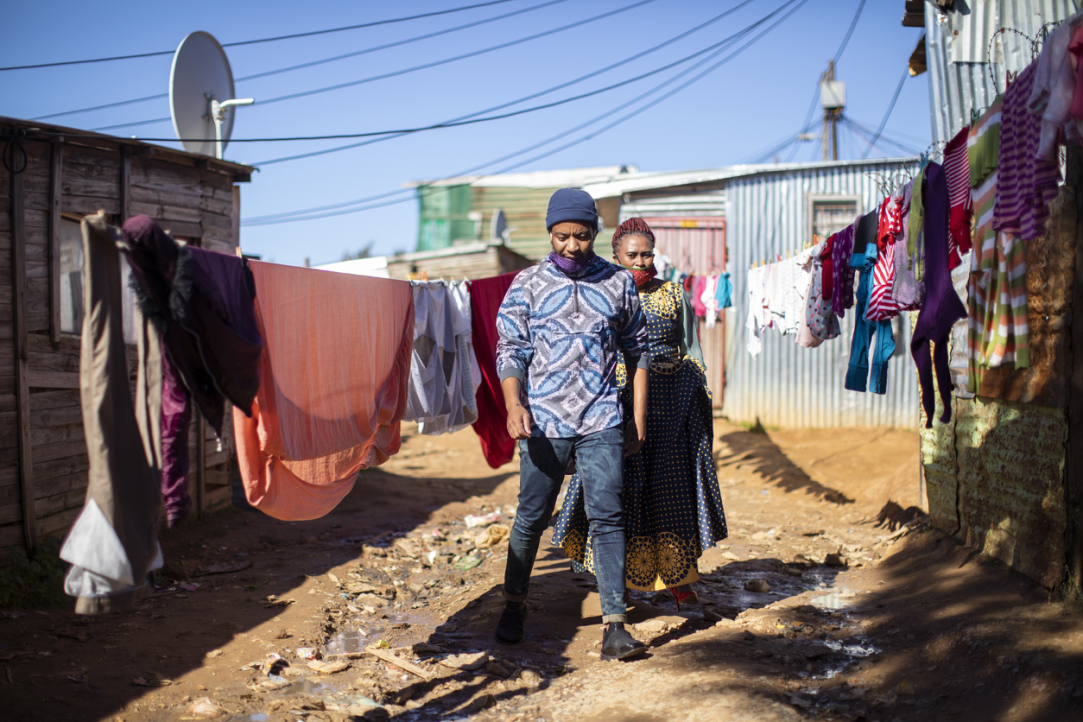
The Dignity Factor: What Social Policy Should Look Like in the New Era
Abhijit Banerjee, one of the 2019 Nobel Prize winners in economics, spoke at a seminar at HSE University and explained why people trust economic forecasts less than a weather forecast and what can be done to bring this trust back.
HSE Gets in on the Show: The Creative Present and the 'Fear of the Future'
The Telling Stories festival, organised by the Faculty of Communications, Media, and Design, has come to an end at HSE University. During two days, anyone could attend open lectures, discussions, master classes, performances, concerts, exhibitions, and screenings. Experts discussed the state of creative industries and tried to outline an image of the future by understanding the main challenges, prospects, and anxieties it presents.
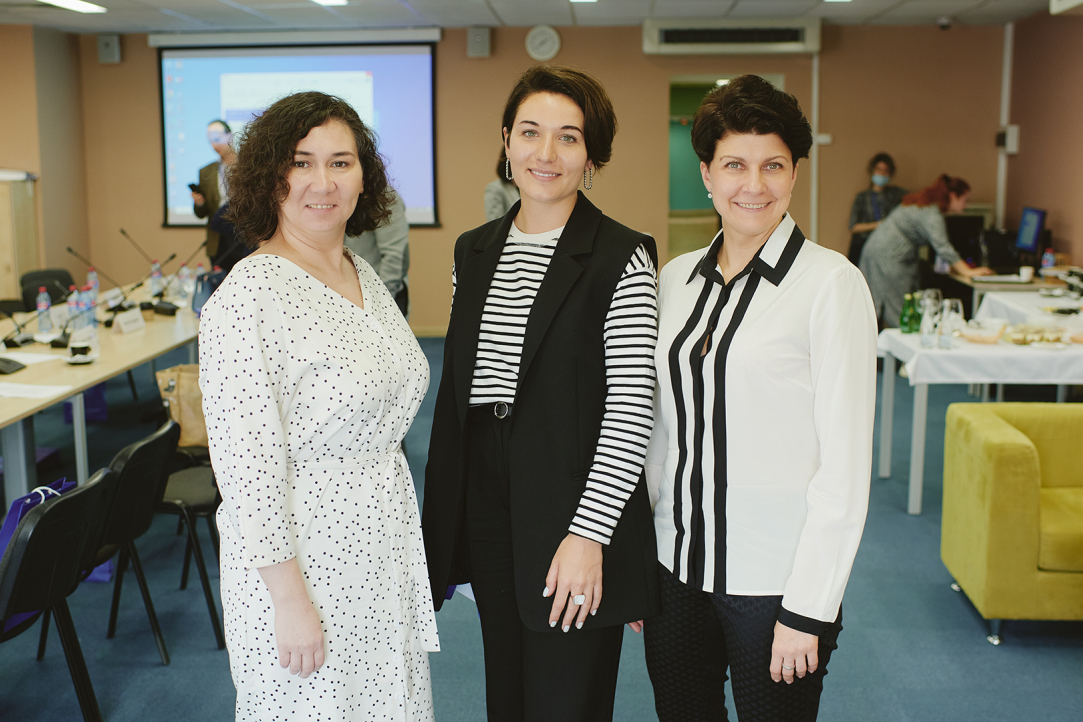
Career Development Centre Should Be at the Vanguard of a Successful University
On May 20, Valeria Kasamara, HSE Vice Rector, took part in a round table on the role of career development centres at Russian universities and students’ career trajectories. This event was part of the international conference on Education and World Cities that HSE University held in Saint Petersburg from May 19—21. The round table was attended by government officials from Saint Petersburg, employees of career development centres at leading Russian universities, and representatives of different industries.
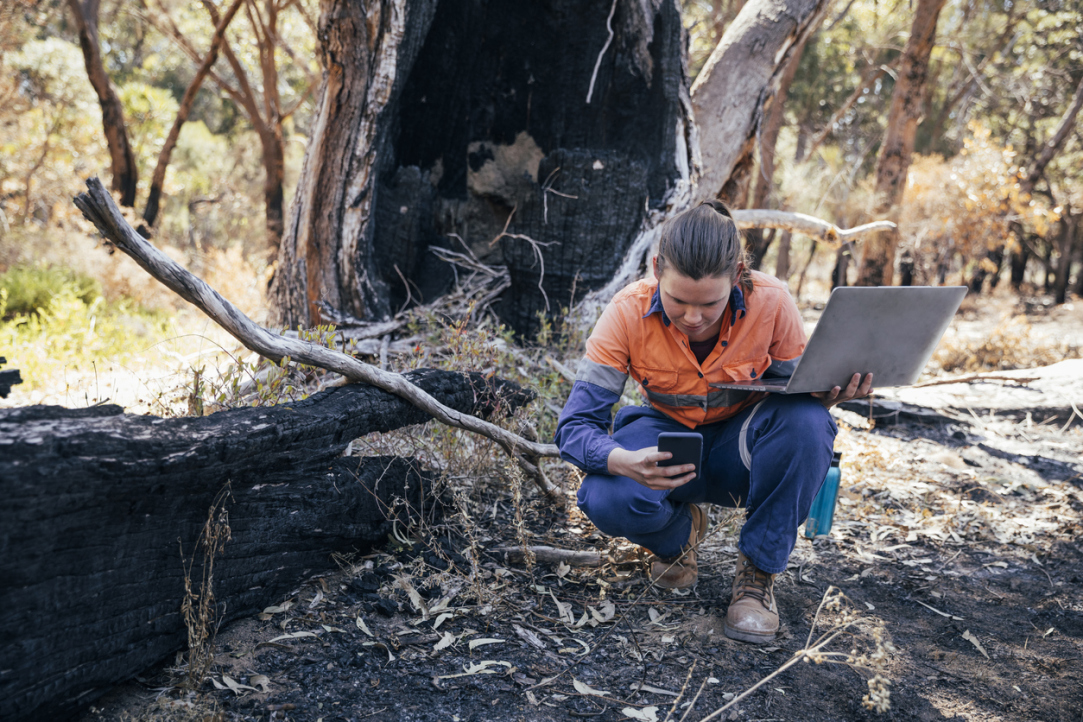
HSE University Students Win AMC Makeathon 2021
The AMC Makeathon is an annual makeathon from the American Center in Moscow (AMC). This year it was held online and focused on ecology, environmental literacy, and the green economy. First and second places went to student teams from HSE University. The News Service talked to representatives of the teams about the solutions they came up with.
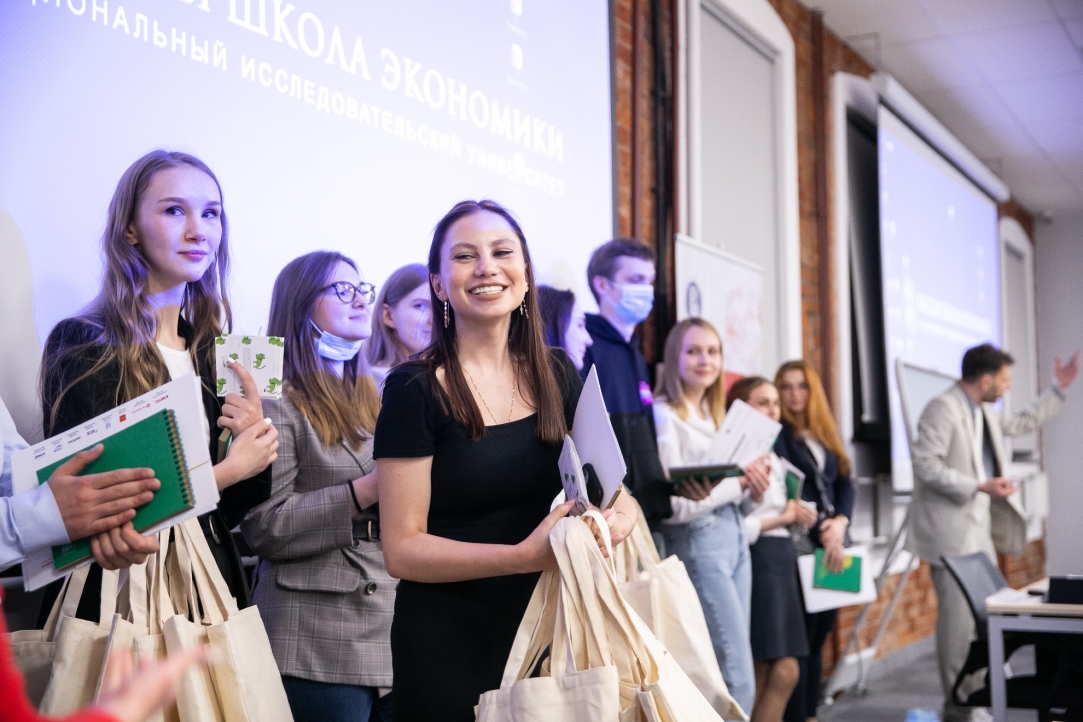
Supporting NGOs, Improving Financial Literacy, and Environmental Cartoons: Graduate School of Business Students Defend Their Marketing Projects
On May 20, first-year master’s students in the Marketing: Digital Technologies and Marketing Communications programme defended their projects. The event was the final stage of the first joint project between Effie Russia and theHSE Graduate School of Business (GSB). The students tackled cases involving social and environmental problems.

What Are the Chances Online Education Will Help You Successfully Change Careers? HSE Researchers Measure the Effectiveness of Yandex.Practicum
Experts from the Institute of Education of HSE University examined the effectiveness of five courses of one of the largest Russian online education services, Yandex.Practicum. The study showed that 71.1% of graduates found employment, and more than half of them became employed within two months after graduation.

Educational Studies Journal Enters Scopus Q1
Educational Studies, an academic journal founded by HSE University in 2004, has become the first Russian journal to enter the first quartile in Education in Scopus. This success relies on high requirements and thorough selection of publications, when the editorial board tries to select not just good papers, but particularly innovative studies.
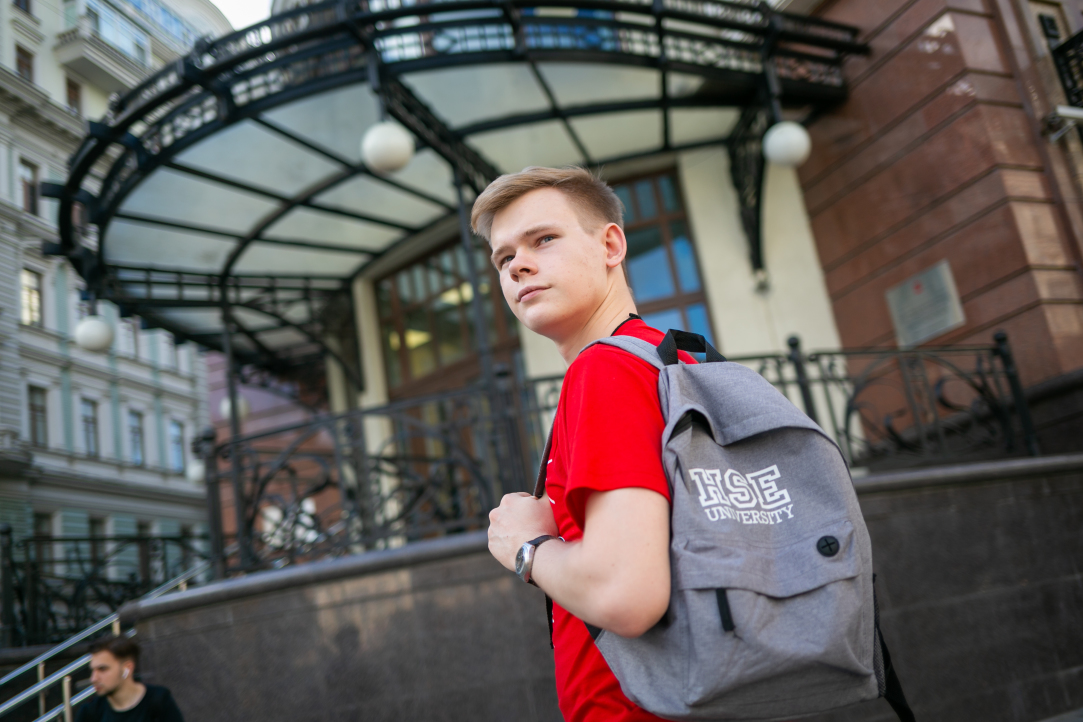
Last Call: International Applicants Can Still Apply for HSE University Scholarships
If you are an international applicant, you still have time to apply for scholarships from HSE University. The full-tuition scholarships are awarded annually in May. This year, the Scholarship Committee will meet for the last time on May 27, 2021 to determine who receives full and partial scholarships.

HSE University’s Online Master of Business Analytics Offers New Opportunities
The English-taught fully online Master of Business Analytics is offered by HSE University on Coursera in partnership with the AICPA Association. The first cohort will start their classes in September 2021. The programme aims to train a new generation of finance leaders. Working together with AICPA Association allows HSE University to significantly expand the range of educational options available to students.

Remote Learning Struggles: Undergraduates’ Anxieties at the Onset of Online Learning
A year ago, in March 2020, the COVID-19 pandemic and related lockdowns caused Russian universities to switch to distance learning. Emergency digitalisation, embracing new teaching and learning formats and switching to remote teacher-student communication — all of this was a challenge, but the universities found ways to cope. Students also learned some vital lessons outside of the curriculum. This unusual, challenging situation gave rise to various fears and concerns about distance education — and also highlighted what remains essential to the learning process, no matter its mode.


Submission Deadline: December 20, 2025